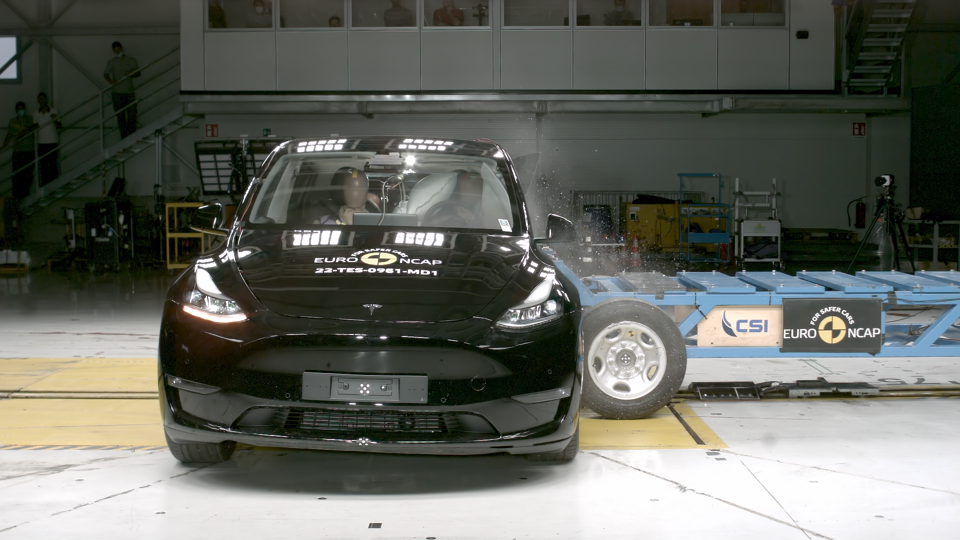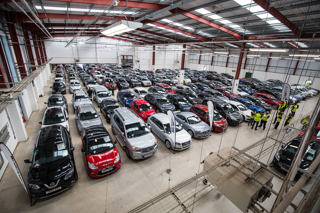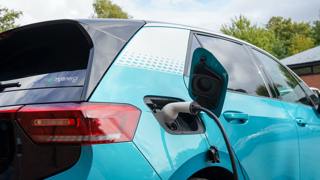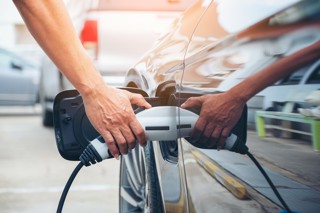Motorists could face continued rises in electric vehicle (EV) insurance policy prices if carmakers fail to address batteries’ “unsustainable” performance in minor collisions.
That is the conclusion of Thatcham Research director Matthew Avery, who is urging an acceleration in technology to make EVs less prone to write-offs.
In the majority of EV collisions, there is no way to repair or assess even slightly damaged battery packs after accidents, forcing insurance companies to write off cars - leading to higher premiums.
According to a report published by Reuters, EV battery packs are now "piling up" in scrapyards as a result of cars being written off with relatively minor damage.
Avery said: “We're buying electric cars for sustainability reasons, but an EV isn't very sustainable if you've got to throw the battery away after a minor collision."
According to Reuters, some car manufacturers, including Ford – which unveiled its new zero-emissions Explorer SUV last week – are making battery packs easier to repair, but others, such as Tesla, have opted to used structural battery packs, which are said to have "zero repairability."
Despite the poor survival rate of their batteries, EVs have consistently performed well in Euro NCAP crash tests in recent times.
Tesla’s Model Y (pictured above), the Mazda MX-30 and Volkswagen’s ID.3 are among a long list of EVs to record five-star ratings.
However, Reuter’s research suggests their batteries are more vulnerable than occupants in the event of a collision.
Michael Hill, head of operations at Doncaster-based salvage company Synetiq, said the number of EVs in the isolation bay at its facility – where they must be checked to avoid fire risk – has soared in the last 12 months. The company now processes around 20 per day.
"We've seen a really big shift and it's across all manufacturers," Hill said.
The UK currently has no EV battery recycling facilities, so Synetiq must remove the batteries from written-off cars and store them in containers.
Hill estimated at least 95% of the cells in the hundreds of EV battery packs - and thousands of hybrid battery packs - Synetiq has stored at Doncaster are undamaged and should be reused.
In a recent episode of the AM News Show podcast Journey Energy Solutions managing director Darren Riva spoke of the role of battery-facilitated energy storage in the UK’s bid to become more energy efficient – driving its use of renewables.



















Login to comment
Comments
No comments have been made yet.